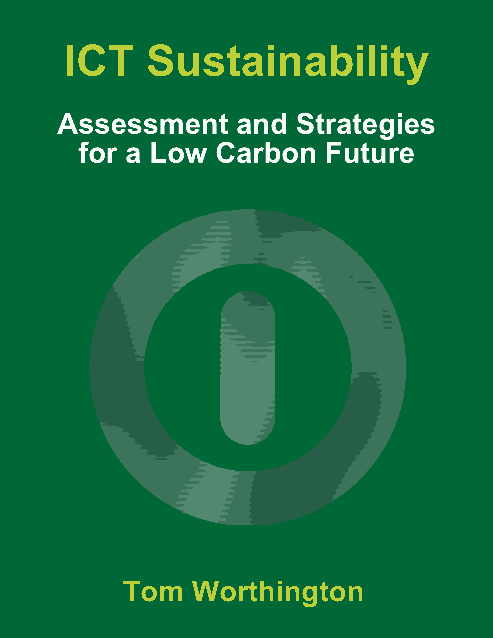Tom Worthington is an IT consultant and course designer for vocational and postgraduate university courses. In 2010 he was awarded Canberra ICT Educator of the Year by the Australian Computer Society, for his work on sustainable e-learning. Tom is an Adjunct Senior Lecturer at the Australian National University. In 1999 he was elected a Fellow of the Australian Computer Society for his contribution to the development of public Internet policy and was the first webmaster of the Department of Defence. He is a Past President, Honorary Life Member, Certified Professional and a Certified Computer Professional of the society as well as a voting member of the Association for Computing Machinery and a member of the Institute of Electrical and Electronics Engineers.
Moodle provides forums for students to discuss what they are learning, not just receive content prepared by teachers. This also teaches students how to use the same on-line collaboration techniques in the workplace.
The techniques of using mentored collaborative on-line learning for computer professional education were adapted by David Lindley. A group of no more than 24 students work together with the one tutor for 12 weeks, discussing how the topics presented in the course apply in their workplaces.
For my course "ICT Sustainability", for Assessment I ask the students to answer from the point of view of their workplace. Students are encouraged to obtain permission to write the assignment as an official workplace report and present it to their supervisor. Assignments are written as a report for management.
The Moodle Book Module provides a simple implementation of an e-book, with each chapter as a web page. This can be used to consolidate all of the notes for a course. This prevents students being overwhelmed by the volume of material at the start of the course, but still have access to all notes.
The commonly used eBook formats are based on HTML web formats. Provided simple formats are used, these work on tablet computers and smart phones, as well as desktop computers.
.For the technically minded, Apple iPad uses EPUB, a web based e-book format similar to Amazon Kindle format. There are conversion tools available). Learning Management Systems (LMS) use the simialr IMS Content package format.
The important point is not the tool used, but standard HTML and accessibility guidelines. The material can then be displayed on a wide range of web browsers, on desktop computers, smart phones and tablet computers (including Google Android and Apple iPad). No special mobile version or "app" is required.
Students will be reluctant to work together on-line. The first item in the course should be to introduce yourself and have the students introduce themselves, in an on-line forum. There should be regular group activities, such as a weekly forum with postings twice a week from all students, for a 12 week course.
What students value most are marks and feedback from the tutor. SO award marks for contributions to the group (I use 24% of the marks this way for ICT Sustainability). Provide the marks with feedback on what the student did well and could do better (called Formative Feedback), as well as regular marks (weekly for a 12 week course).
Do not assume that students know how to write for on-line forums. Give them some small exercises early on, assess the results and give feedback. Offer specialised assistance to those who need it.
On 1 February 2012, the Prime Minister announced low cost loans for vocational students and subsidies for entry-level courses in high demand job categories. Foundation and entry-level courses will be directly subsidised by the federal government, in areas such as health, business, hospitality, communications, construction and transport. For longer Diploma and Advanced Diploma courses, students could apply for a loan to cover the cost (similar to the scheme already in place for university courses). Students would be "guaranteed" a government-subsidised training place, but it is not clear what measures will be put in place to meet the likely demand and so honour that guarantee.
It is not clear how educational standards will be maintained under a sudden increased demand. Australian governments have funded the development of e-learning for the vocational sector over several years and this would be one way to meet the new demand cost effectively and maintain standards. This would also allow students to more easily study and work at the same time. Students can study via their smart phone or tablet computer, on the bus or at their mining camp.
Slides for these notes are also available.
Version 1.1, 8 July 2011) Tom Worthington

Work-Integrated-Learning, Tablets, eBooks and Smart phones by Tom Worthington is licensed under a Creative Commons Attribution-ShareAlike 3.0 Unported License.





